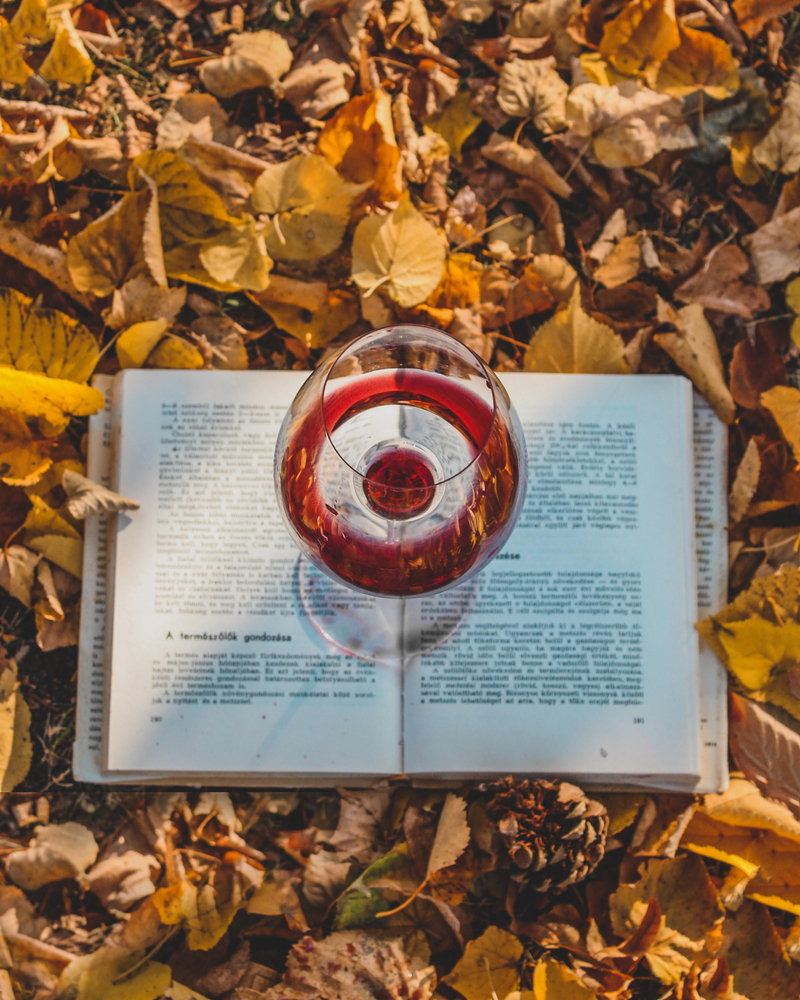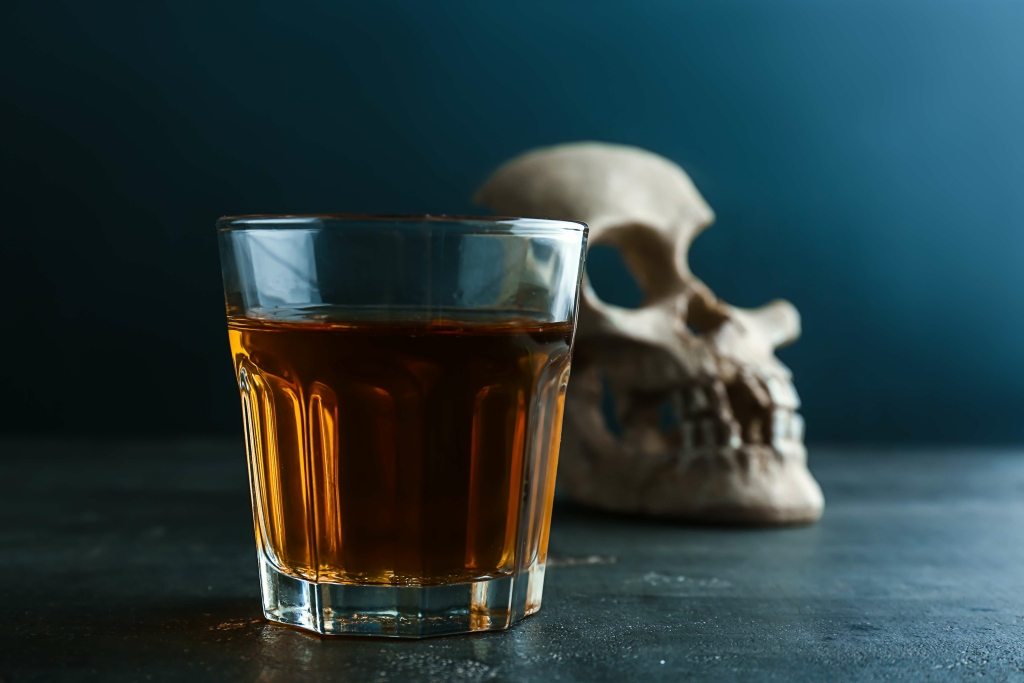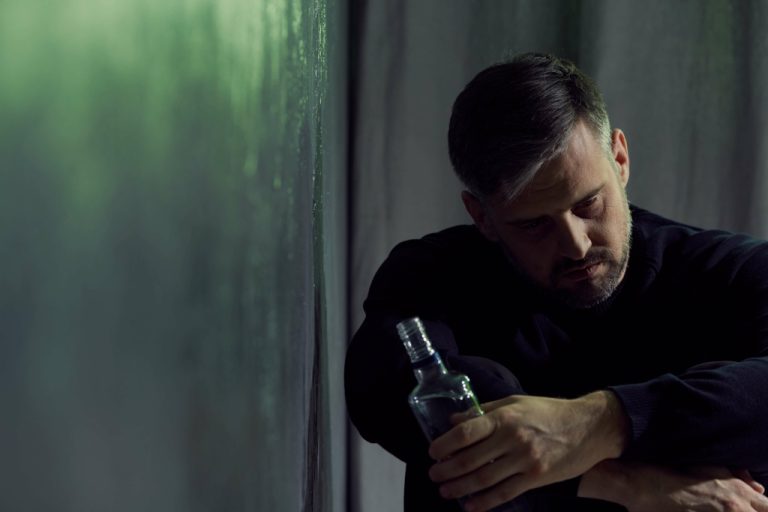Alcohol-Induced Sleep Disorder: Symptoms, Risks, and Treatments
Brower et al. reported that patients who report symptoms of insomnia do not necessarily think of themselves as having insomnia, just as alcoholics do not accept labeling (41). Alcoholics at risk for relapse are easily identifiable by routine questions about sleep (4). Waking up often, getting too little sleep, and having trouble getting to sleep are often endorsed. The potential for improving drinking outcomes by treating sleep disturbance is being investigated. In the early stage of alcohol withdrawal, many individuals experience an increase insomnia after drinking in sleep latency (the time it takes to fall asleep) and frequent night awakenings. However, in more severe withdrawal cases, individuals might suffer from insomnia, extremely vivid dreams or nightmares, and even sleep-impacted disorders like sleep apnea and restless legs syndrome.
- Table 2 highlights some of the most commonly covered sleep hygiene principles.
- This biological phenomena catalyzes an overproduction of certain chemicals in the brain that were previously suppressed by alcohol.
- Some people feel that drinking alcohol before bed helps them doze off better.
- Quitting drinking and not being able to sleep sucks… but now you have some strategies to help!
- Mood disturbances, including irritability, anxiety, and depression, affect 50-60% of individuals with alcohol-induced sleep disorder.
Can Gabapentin Cause Depression?
If you’re dependent on alcohol, it’s important to detox under medical supervision. Medical professionals can help you manage alcohol withdrawal and insomnia, and set you up for success in recovery. Individuals with alcohol use disorder face a higher risk of sleep-disordered breathing. A Sleep Apnea Evaluation is necessary, as untreated sleep apnea can worsen insomnia. Treatment options include Continuous Positive Airway Pressure (CPAP) machines or devices to keep airways open during sleep.
- Rehab is instrumental in managing this condition, offering structured support, setting regular sleep schedules, and incorporating relaxation techniques.
- Individuals with alcohol use disorder face a higher risk of sleep-disordered breathing.
- Sleep deprivation due to alcohol consumption can exacerbate performance impairment and daytime sleepiness.
- And of course talk to your physician before consuming wine while taking any medications.
Treatments for Insomnia in AD

Alcohol relaxes upper airway dilator muscles (decreasing airway patency) increasing nasal and pharyngeal resistance (58,59), and it prolongs the time required to arouse or awaken https://daakyentionuadoneyefoundation.com/50-best-sober-living-in-massachusetts-with-pricing-2/ after an apnea occurs (60). Alcohol also selectively depresses hypoglossal nerve activity and alters carotid body chemoreceptor function. The intensity of insomnia will dictate whether an individual seeks treatment with either prescription or over-the-counter medications, or self-treatment. The majority of persons with sleep difficulty do not consult their physician with insomnia, which raises the question of how frequently alternative substances are used for sleep (6). Both insomnia and sleeping pill use increase with age, and alcohol is often used in conjunction with over-the-counter sleep medications (27,28).

Alcohol-Induced Sleep Disorder: Symptoms, Risks, and Treatments
- As a result, they may consume alcohol to speed up falling asleep, but evidence shows this technique does not improve sleep quality.
- Older research suggests the effects on REM sleep appear to be dose related.
- However, more research is necessary to determine whether this is a common occurrence.
Here, we explore both professional interventions and self-care strategies to enhance sleep quality during recovery. Regular over-the-counter sleep aids are remarkably effective in marijuana addiction helping the chemical balance in your brain tip toward relaxation mode. If that’s not enough, speak to your medical practitioner about meds that are specific to alcohol detox to help the over-stimulated nervous system successfully regain its equilibrium. Over the long term though, this is counterproductive, because the more alcohol you consume, the greater tolerance your body builds up so you need more and more alcohol to feel the same effects.

Consuming balanced meals throughout the day, avoiding caffeine, sugar, and heavy meals close to bedtime can go a long way in improving sleep quality. In fact, 12-step recovery programs often refer to the factors that increase a person’s risk for relapse as HALT, standing for Hungry, Angry, Lonely, or Tired. Sleep disruptions may increase the risk that a person will feel tired, which might cause a person to reach for a drink if they feel like they can sleep sober. People in alcohol recovery take a long time to fall asleep, have problems sleeping through the night, and feel that their sleep is not restorative.
